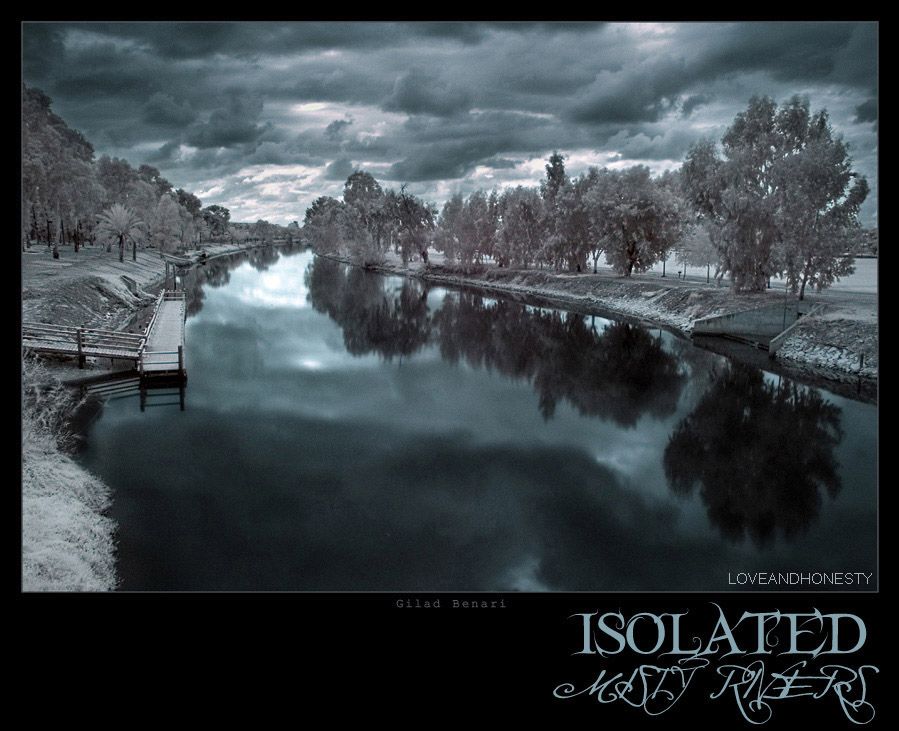Thursday, August 7, 2008
~ Thursday, August 07, 2008 ~

Coral Reefs make up less than 0.2 % of the world's oceans, mostly in tropical areas, yet are the home of over one forth of all marine life. Over 1 million species of fishes and invertebrates make their homes and feed off of the coral reef system. Coral reefs provide food for animals and ultimately for us because we eat those animals. The tiny creatures that make coral feed by filtering the water, which is why water is usually so clear where reefs are located. Coral have other organisms living inside them in a form of symbiosis. The green *zooxanthella gets protection in exchange for food, which it can create the same way plants do. Corals create massive outer structures at a rate of one inch a year of hard limestone providing homes for sea creatures and buffering coastal areas from storms. The result is a beautiful reef packed with diverse life, built slowly over the course of centuries.
Unfortunately, we seem to be doing our best to destroy all that. Reefs, being the oasis for life in the ocean, tend to be over the best fishing paradise, sometimes by using dangerous fishing methods involving explosives or cyanide poisoning. Sewage and agricultural run-off into the coastal areas promote algae blooms, where masses of the single celled plant-like organisms float on top of the water, preventing coral from getting the sunlight it needs to supplement its food. Without light, the corals will eventually die off. To make matters worse the very people who find the reefs so attractive often cause damage as well. Breaking off pieces of coral for souvenirs, treading on live coral with swim fins, and dragging anchors across the reefs are all taking their toll on the health of the coral reef system.
Any one of these aspects might be able to be tolerated alone, but in combination they are taking a disastrous toll on the coral population. A coral reef is built by a living creature, taking several years to build height and when these corals are stressed they often fall prey to disease. Bacteria can kill the coral and cause it to lose its color. This is known as coral bleaching. Some coral bleaching also occurs during high temperature which also stress the creatures. 16% of reefs were lost due to the El Nino phenomenon warming the oceans. In totality over 27% of all reef structure is lost. Some may be able to recover, but structural damage from blast fishing and tourism can take decades. Those infected by disease may not recover at all.
* any of various symbiotic dinoflagellates that live within the cells of other organisms (as reef-building coral polyps)
source
The reefs in the world NEED OUR help!!



